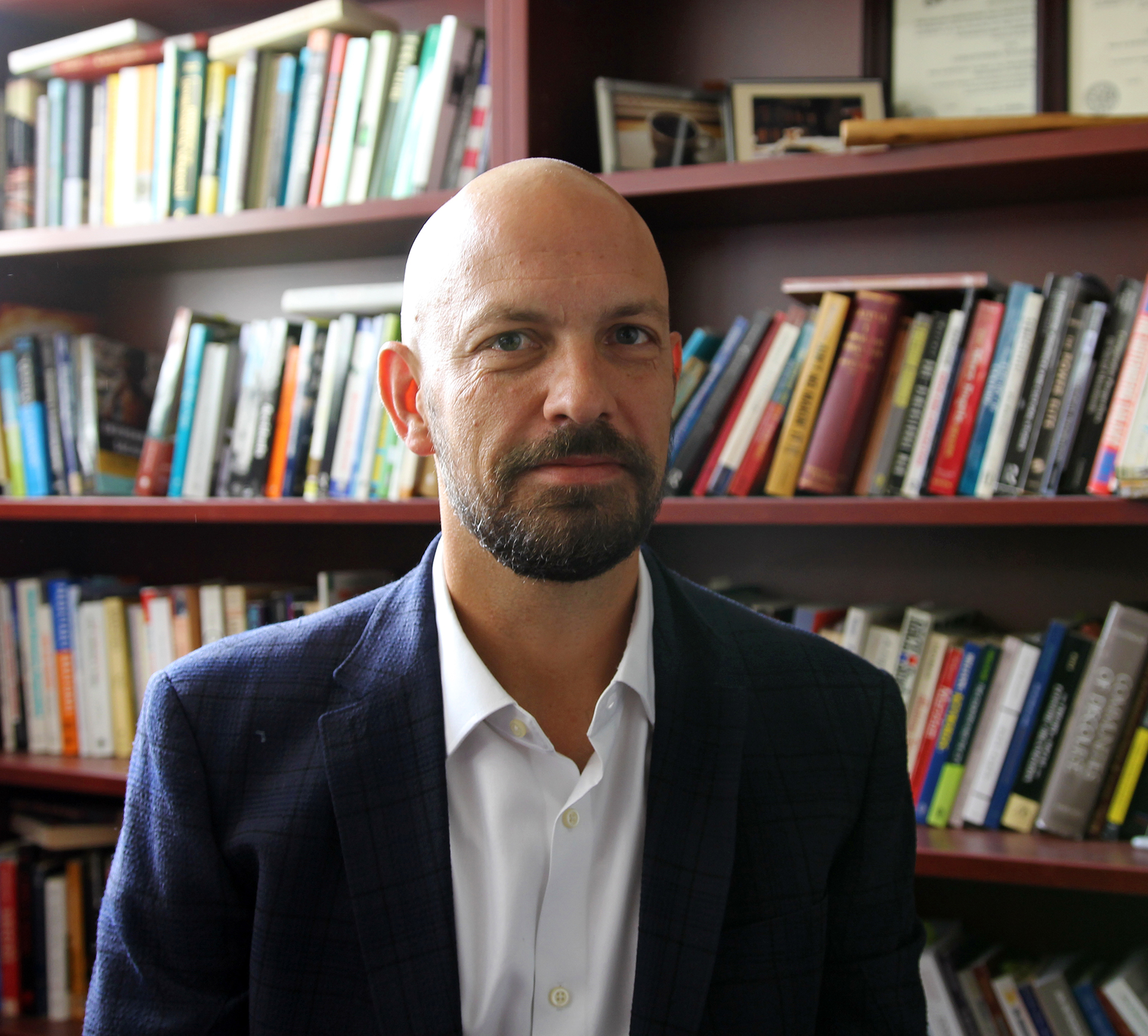In the pursuit of a better future for our planet, climate activists have taken to the streets, raising their voices and demanding change. While their passion and dedication are commendable, it is crucial to acknowledge that some climate protestors are inadvertently causing harm in their quest.
By exploring the unintended consequences of certain protest actions, we can foster a more balanced approach that effectively addresses climate concerns without compromising the well-being of communities and individuals.
By recognizing the reality of climate without far-reaching implications, we can mobilize collective action, implement effective policies, and build a resilient future. Ignoring or denying it exacerbates its consequences, emphasizing the need to confront this global issue and work towards sustainable solutions.
While not all protestors partake in destructive actions, some may inadvertently inflict harm through activities such as property damage, service disruptions, waste generation, conflicts with law enforcement, and economic consequences, underscoring the counterproductive nature of such behavior.
I understand the allocation of funds to material possessions, yet I condemn the destruction of property and the incitement of conflicts. While numerous individuals have united in recent years to advocate for addressing climate change, a subset has resorted to misguided actions marked by hostility.
My sentiments regarding this matter emerged in late October 2022, as climate change protestors engaged in food-throwing incidents and subsequent protests have persisted. Regrettably, the issue resurfaced on my social media feed with reports of red paint and glued hands on a Monet painting in Sweden, highlighting that despite protective glass, acts of malevolence remain unnecessary.
In recent news of July 2023, a group of climate change activists vandalized a Walmart heiress’ $300 million superyacht in Ibiza by spraying a load of paint all over it. The paint read, “You Consume While Others Suffer”, implying a sense of the rich feeding off the poor.
Destroying works of art and other property is wrong for climate protestors as it undermines the principles of peaceful protest, cultural preservation, and respect for the creative expression of others. Respectfully and bluntly, an action like that is not going to cease climate change all together.
Dr. Michael Shepard, the Chair of the Department of Environmental, Geographical, and Geological Sciences (EGGS), shares “Climate scientists issued warnings and predictions in the 1970s and 1980s, and today, many of those predictions and warnings are coming true almost every day.” He pointed to signs like severe heat, tropical disease spread, Arctic Ice melt, and permafrost thaw, indicating an upcoming issue with future consequences.
How soon will the world be affected by climate change? Shepard proclaims, “It is happening now.” He shares that making the biggest change is “to vote with your wallet.” He implies that our society is built on a free-market, capitalist system. Large corporations and U.S. citizens have a wide affect and can make changes by: utilizing electric “smart” vehicles, choosing renewable suppliers, electing government leaders to provide incentive for more eco-productive choices, and changing their national process of providing/buying produce & other goods.
Dr. Shepard teaches the Climate Change course and holds a deep passion for the subject. Shepard agrees with my idealism behind destructive protest actions saying, “I condemn these actions. No reasonable person would want to be associated with this, and it taints the important cause to which they are trying to bring attention.” Acting with destruction only drives people away from supporting an important cause rather than jumping to fix it. No threat will fix climate change, but rather prolong the issue itself.
Dr. Eric Miller from the BU Department of Communication Studies has a contrasting opinion in where he sympathizes with the protestors because “climate change is an emergency and most people are treating it all like business as usual”. Miller went further on about the disruptive protests and their lasting impact saying, “These acts don’t do any lasting damage to anything of value, but they draw attention to the irreplaceable losses that climate change is inflicting on us every day.” I am in agreement with him that this is a global emergency and that many will not rise to the issue until it affects their livelihoods.

Dr. Christopher Podeschi of the BU Department of Sociology teaches courses on environmental sociology and sociology of ethnic and racial inequality. Podeschi defines the idealism behind societal movements: “Movements need to do things to mobilize resources (e.g., people, money, etc.) so they can keep going and make gains and put pressure on the powerful. They do things to get their message out – sharing what their grievance is and why it matters.” He continued on to note that protests need to gain leverage to make an impact and in regard to climate change, he does not see it. He is in support of mitigating the “opinion needle”, but sees no leverage at hand.
Positively addressing climate change entails peaceful demonstrations, education, sustainable living, policy advocacy, and collaborative projects with communities, scientists, educators, and policymakers. Through these actions, a collective impact can be achieved to combat climate change and foster a sustainable future.
















